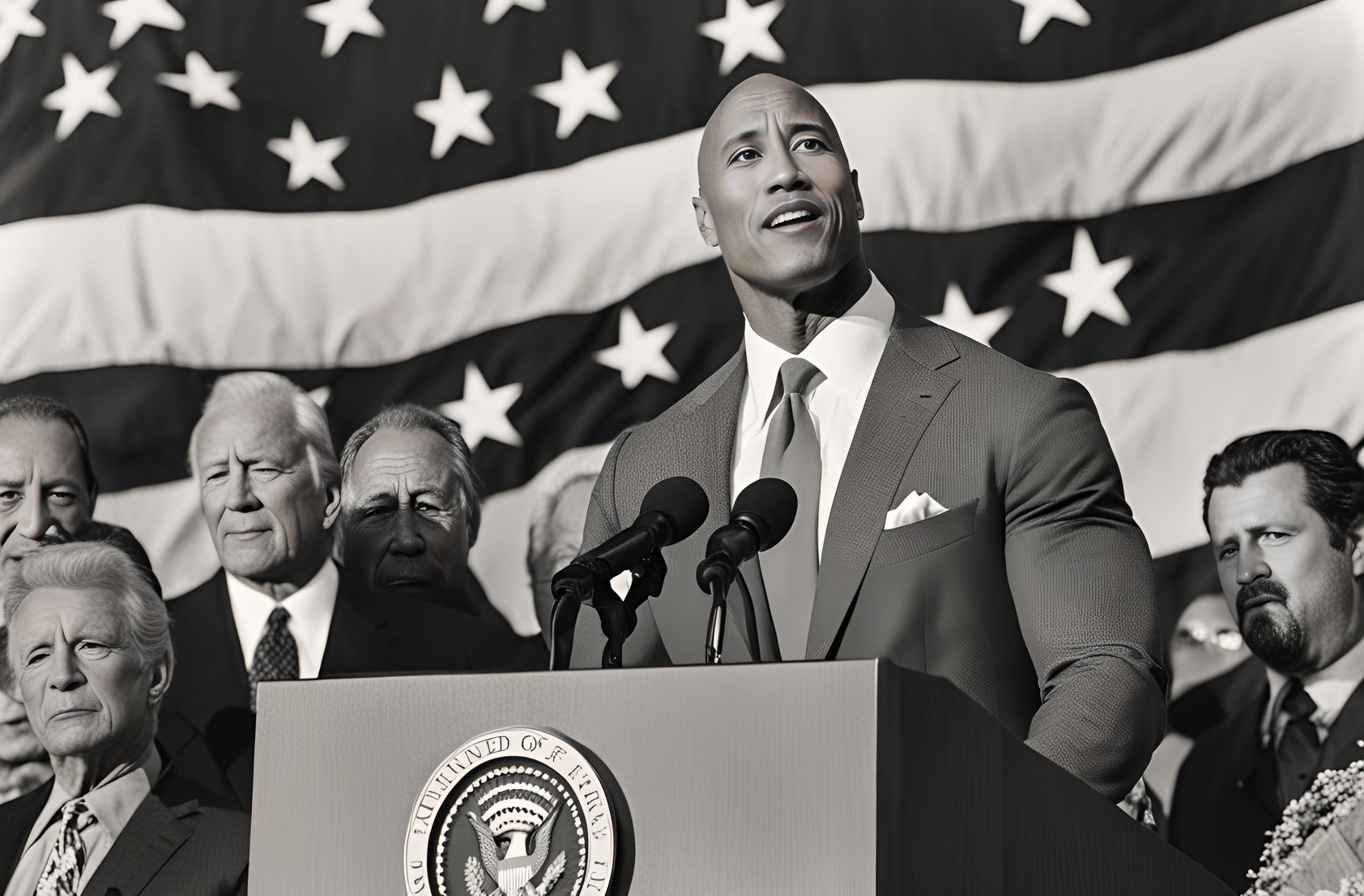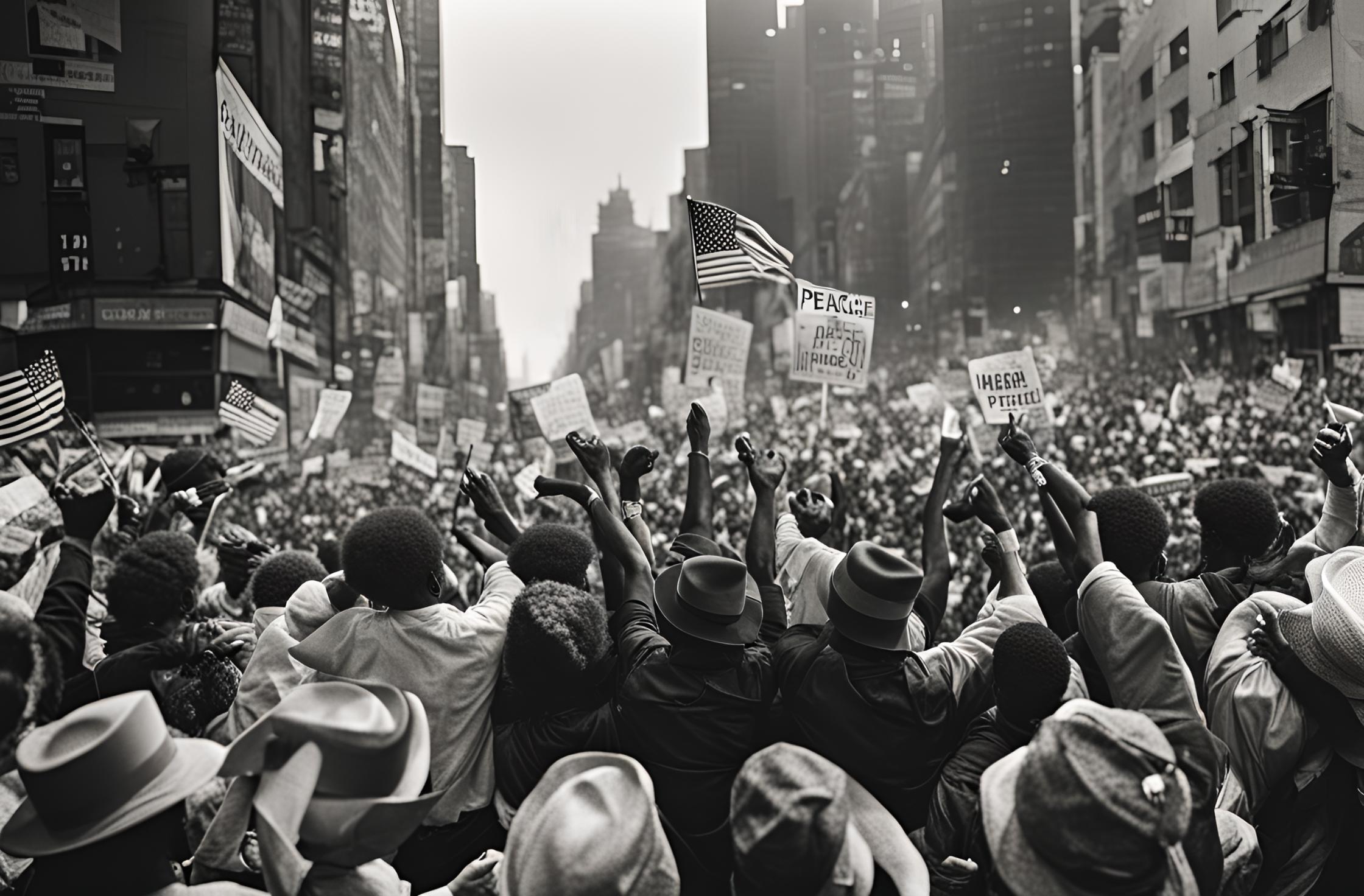
In the early 1940s, the world stood on the edge of a precipice as the Axis powers advanced across Europe and Asia. In this alternate timeline, however, the United States remained steadfastly neutral. American leaders and citizens engaged in fervent debates over the merits of intervention, while President Franklin D. Roosevelt, constrained by an isolationist Congress and a public wary of foreign entanglements, opted for diplomacy and economic sanctions rather than direct involvement. As the war raged on without American troops, the global landscape shifted in unexpected ways.

Without American military might, the Allied forces faced a grim reality. Britain, standing alone after the fall of France, struggled to hold back the German onslaught. Without crucial American supplies and reinforcements, the Battle of Britain dragged on far longer than in our own history. The Royal Air Force, though valiant, was stretched to its limits, and the British Isles suffered under relentless bombing campaigns. The Blitz, a prolonged and brutal assault, left London and other cities in ruins, testing the resilience of the British people.
Meanwhile, in the east, the Soviet Union bore the brunt of the German war machine. Operation Barbarossa, the largest military invasion in history, pressed deeper into Soviet territory than ever before. Without the distraction of an American front, the Germans focused their efforts on the Eastern Front, pushing the Red Army to the brink of collapse. The harsh Russian winter and the indomitable spirit of its people were the Soviet Union’s only allies in this desperate struggle.
Across the Atlantic, the United States watched these events unfold with a mix of apprehension and relief. The economy, still recovering from the Great Depression, found new life in the production of goods and materials for the warring nations. The absence of direct conflict allowed for a period of introspection and domestic growth. The American public, divided on the issue of intervention, found solace in the nation’s prosperity and the belief that they had avoided the horrors of war.
As the war dragged into its fifth year, the balance of power began to shift. The Axis powers, overextended and facing resistance on multiple fronts, started to falter. In the Pacific, Japan’s expansionist ambitions met with fierce resistance from China and other Asian nations. The absence of American naval power initially allowed Japan to dominate the seas, but the vastness of the territories they sought to control proved their undoing. Guerrilla warfare and local insurrections chipped away at their forces, leading to a slow but inevitable retreat.

In Europe, the tide turned as the Soviet Union, battered but unbroken, launched a massive counteroffensive. The Battle of Stalingrad, a brutal and bloody confrontation, marked a turning point. The Soviet victory, achieved at a staggering cost, galvanized the Allies and inspired renewed efforts to push back against the Axis. Britain, buoyed by the resilience of its people and the support of its Commonwealth allies, launched daring raids and campaigns to reclaim occupied territories.
The United States, though not directly involved in combat, played a crucial role in post-war reconstruction. As the war drew to a close, American diplomats and economists worked tirelessly to broker peace agreements and rebuild shattered nations. The Marshall Plan, though conceived in a different context, found new life as a global initiative to foster economic stability and prevent future conflicts. The United Nations, born out of the ashes of war, became a forum for dialogue and cooperation, with the United States as a leading voice for peace.
In this world, the absence of American intervention in World War II led to a prolonged and devastating conflict, but it also fostered a new era of international cooperation and understanding. The lessons learned from the war’s horrors inspired a generation to seek peace and prosperity through diplomacy and collaboration. The United States, though not a direct participant in the war, emerged as a beacon of hope and a champion of global unity, its influence felt in the corridors of power and the hearts of people worldwide.




